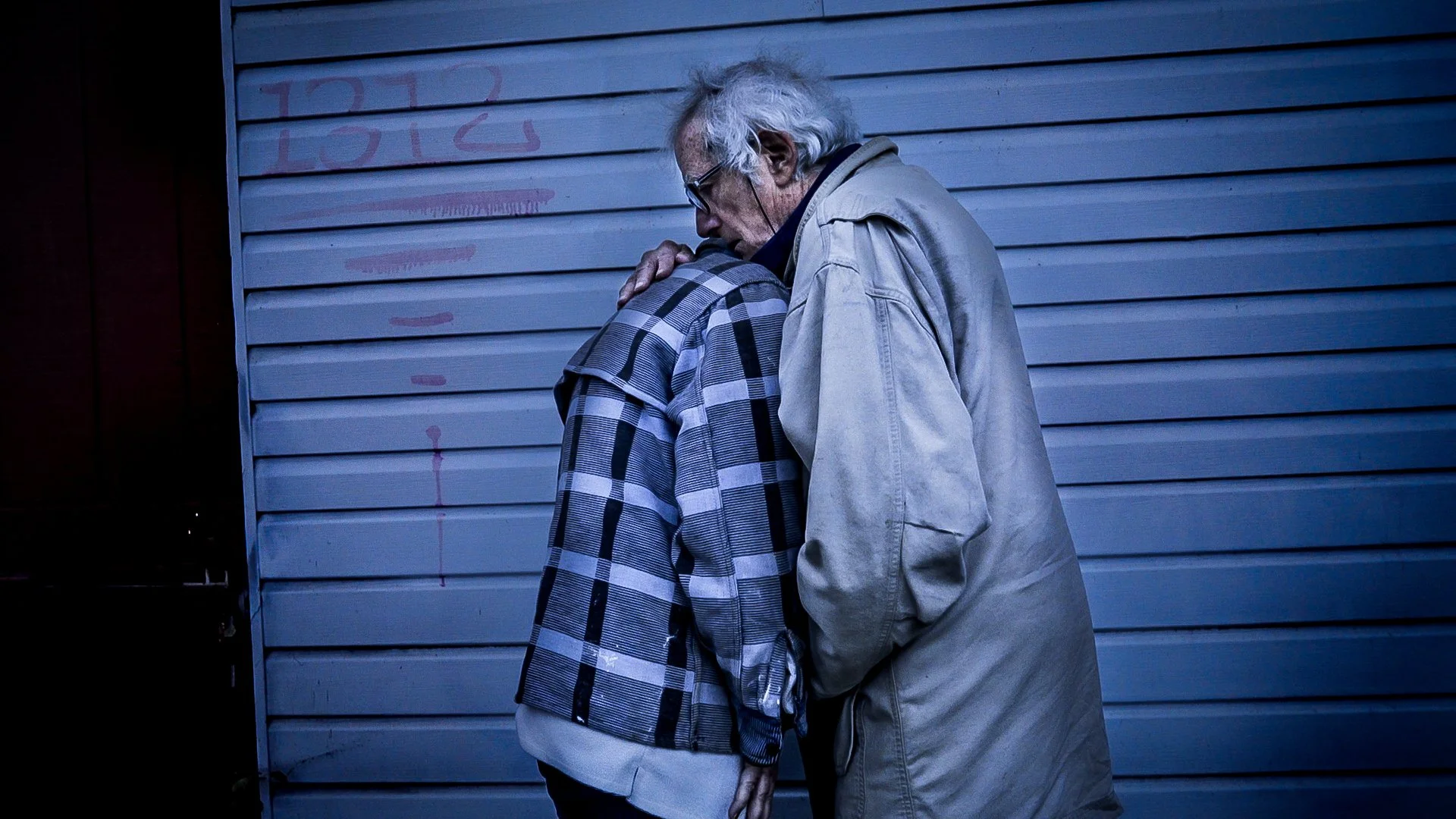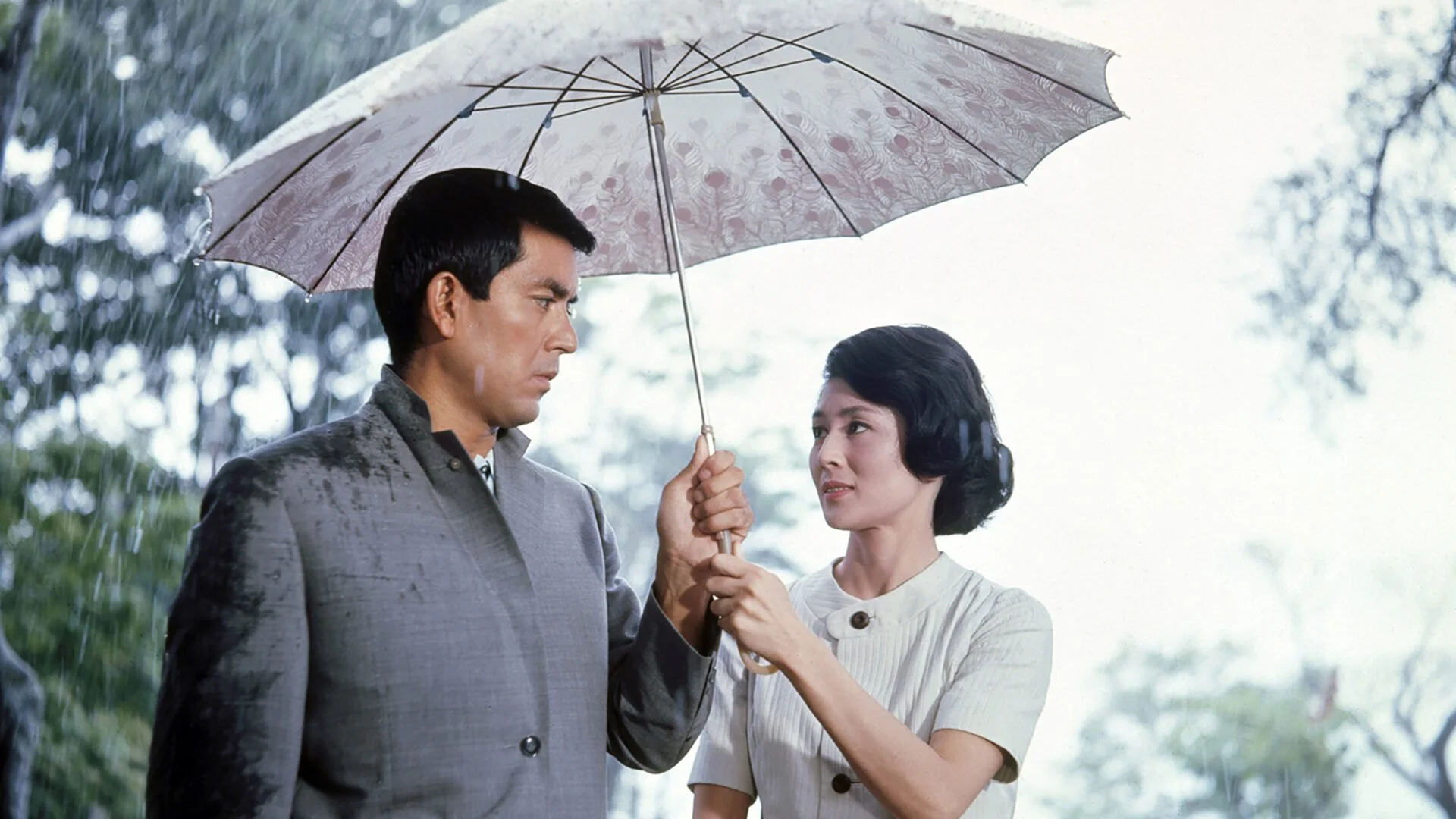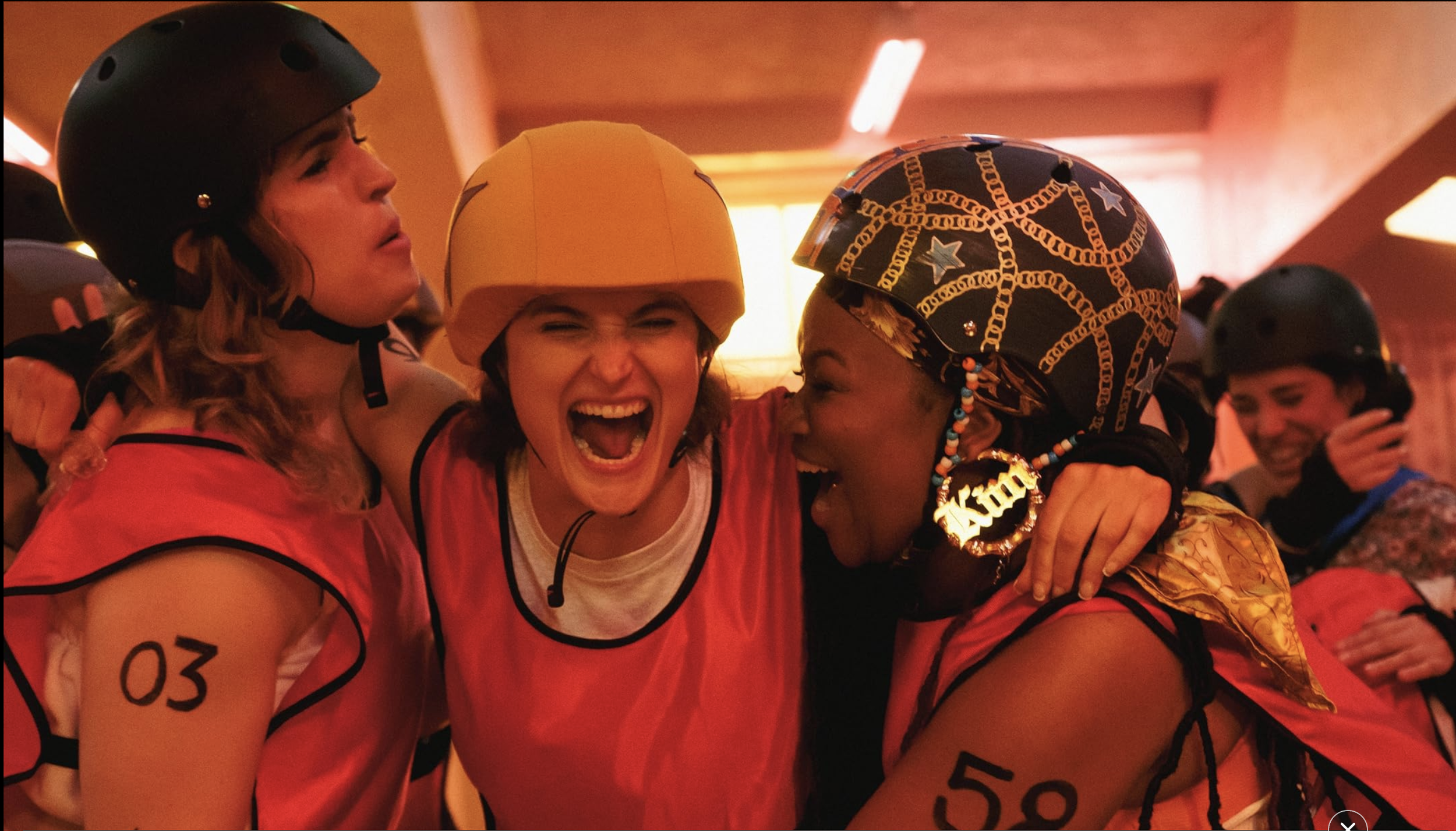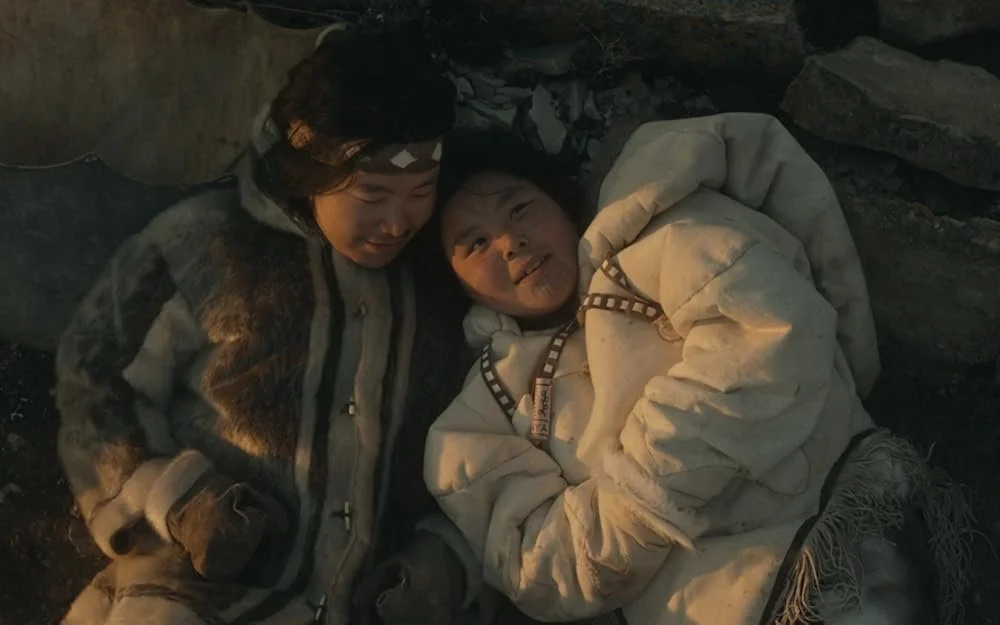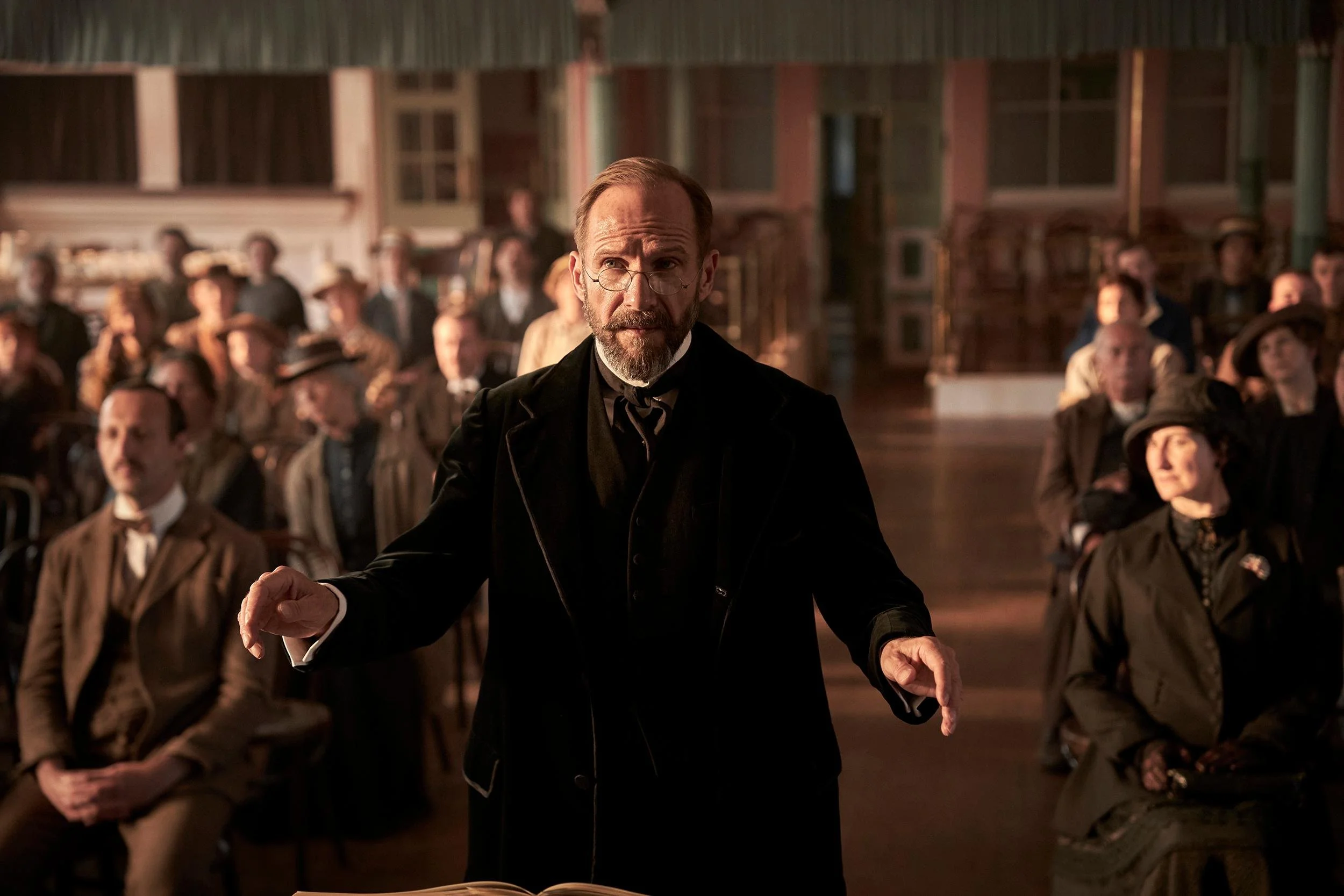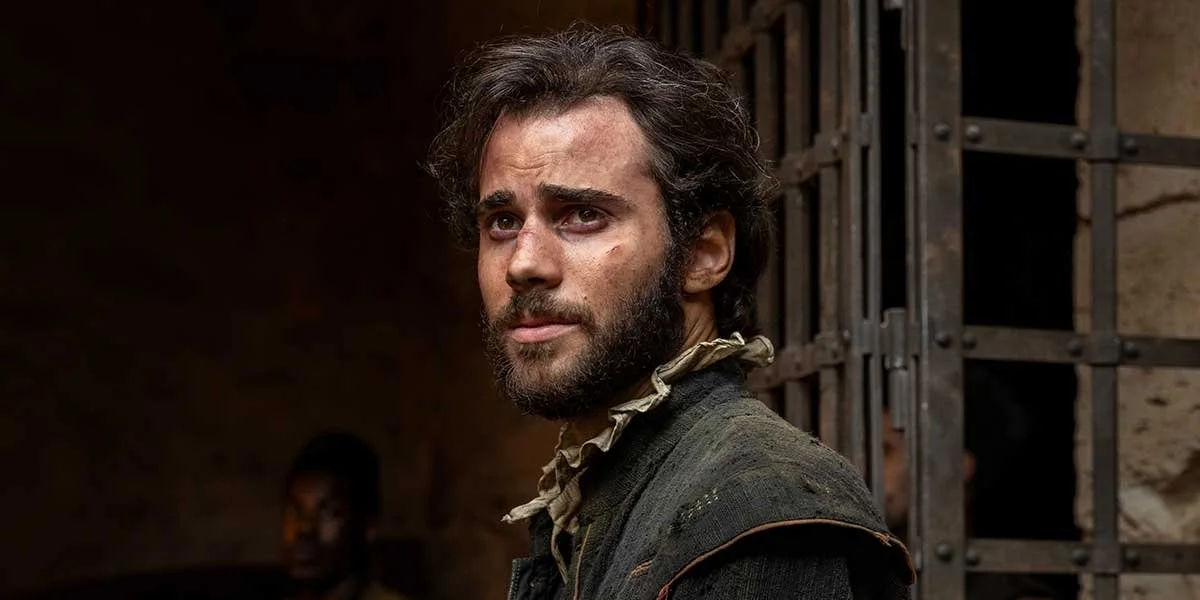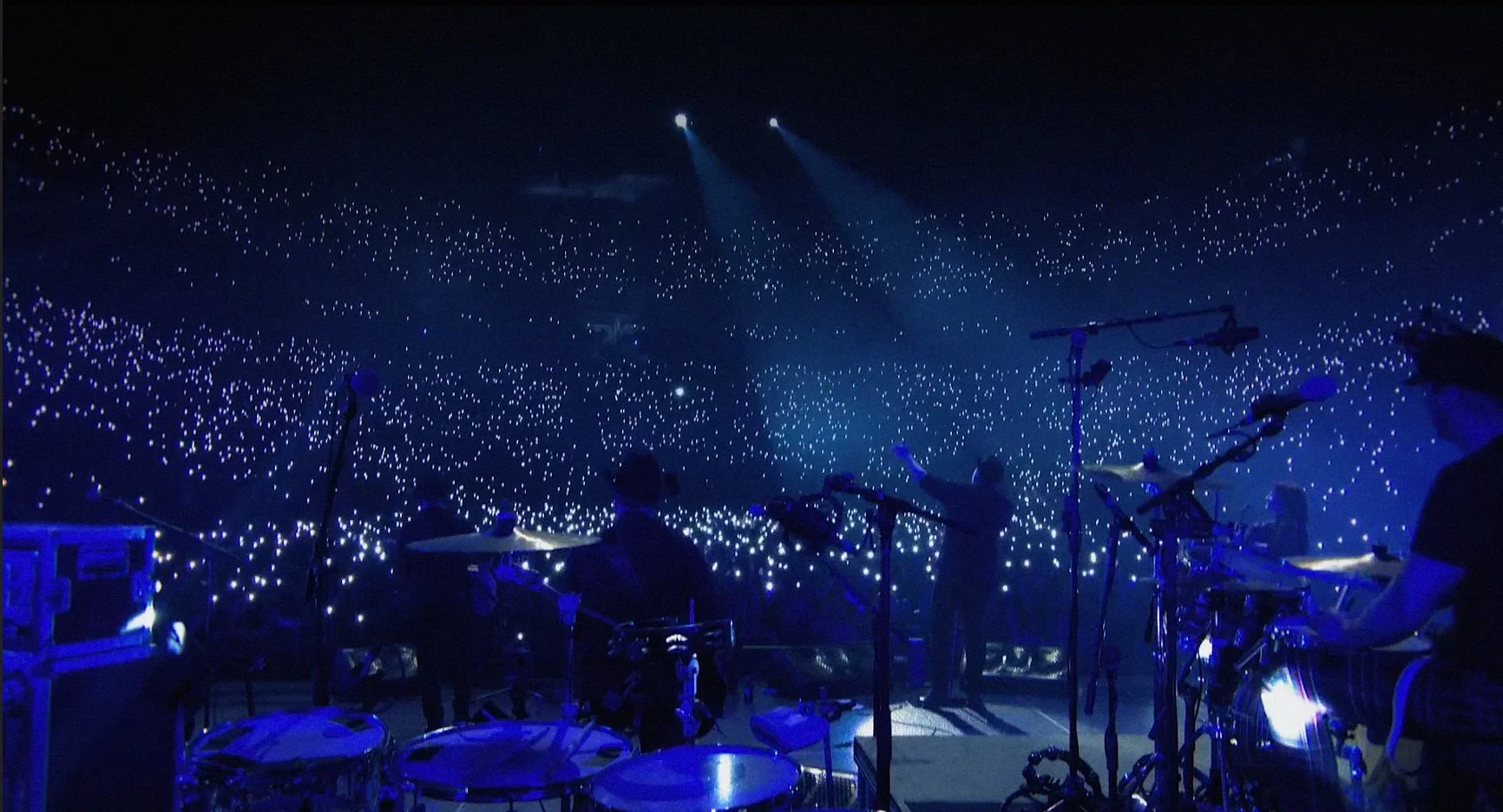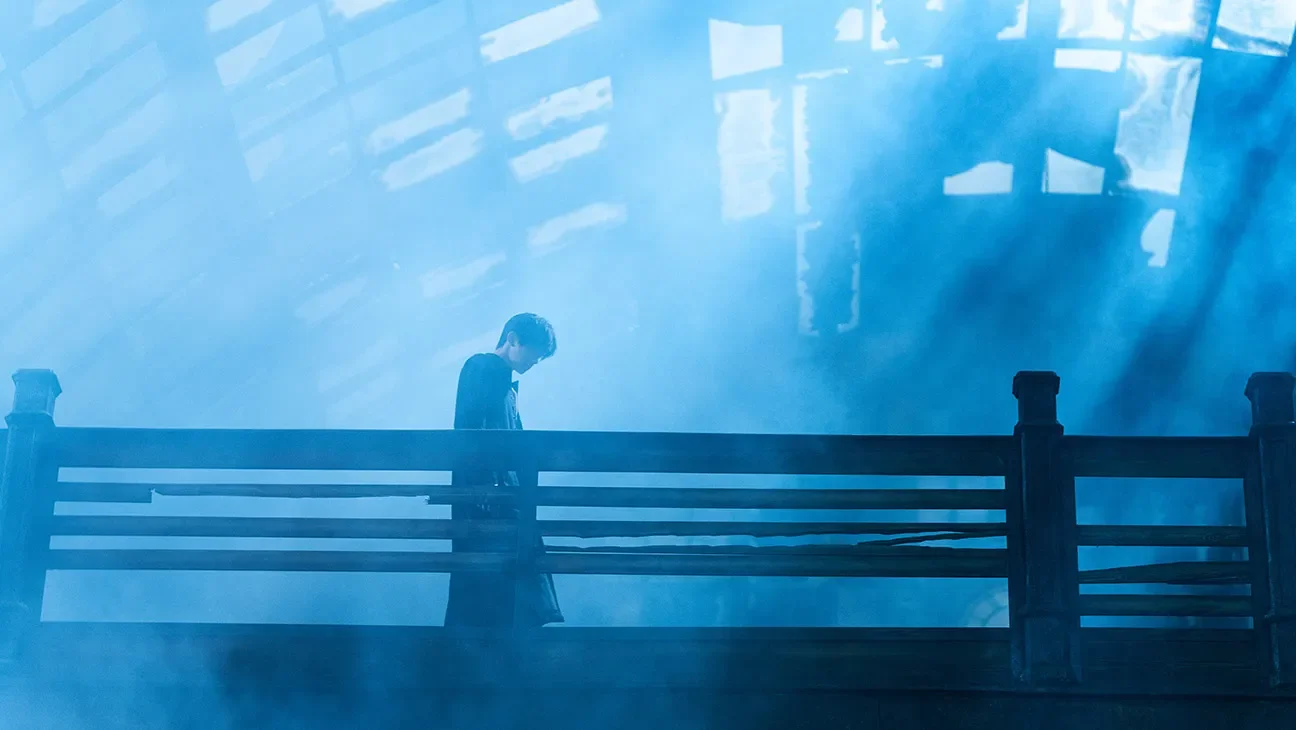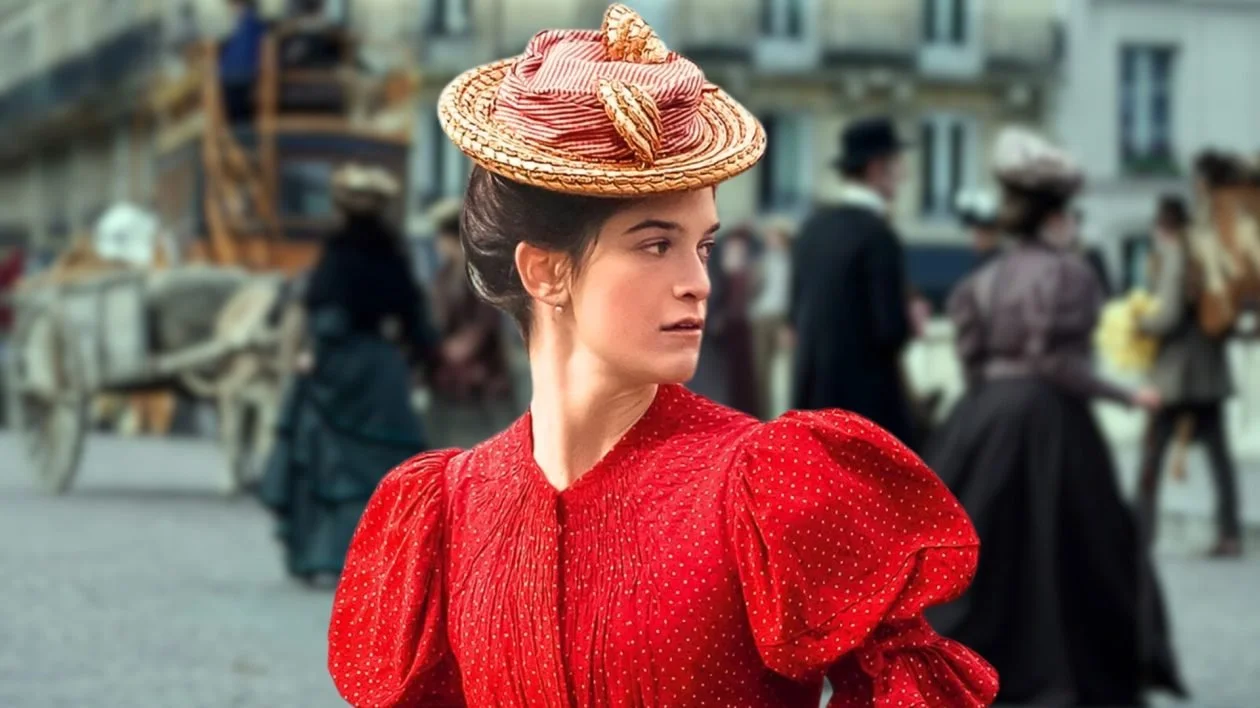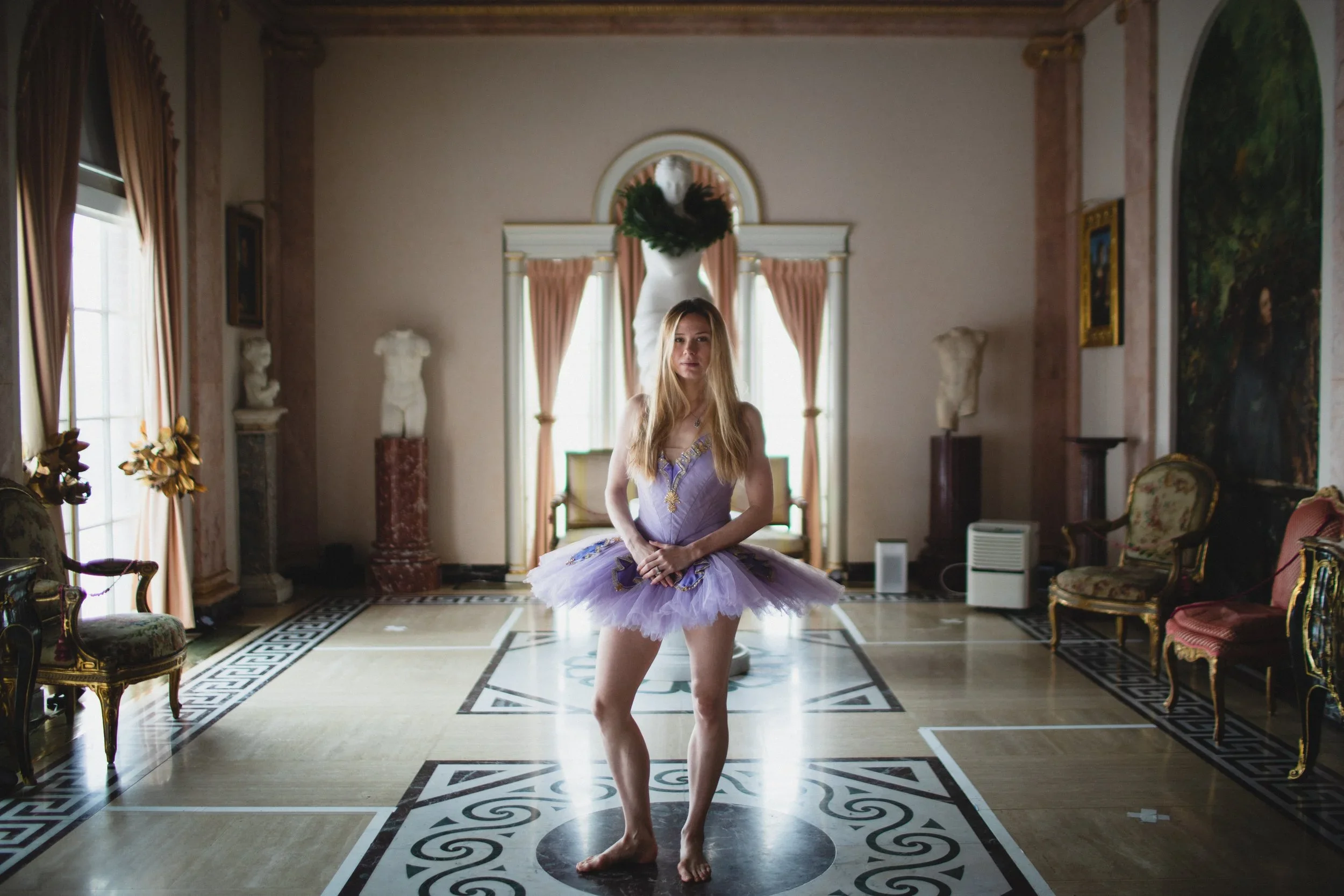Patience pays off, as Dear Audrey director finds poignant humanity amid one couple's Alzheimer's journey
Respected NFB documentarian Martin Duckworth opened his rambling Montreal duplex to filmmaker Jeremiah Hayes
In Dear Audrey, Martin Duckworth says his wife Audrey Schirmer’s illness has made his love for her grow stronger.
VIFF Centre presents Dear Audrey from August 19 to 24.
IN ONE OF THE most affecting moments in the new NFB documentary Dear Audrey, Martin Duckworth’s elderly wife—stuck in the limbo of mid- to late-stage Alzheimer’s—wanders away on a walk. Her husband calmly follows her for a while, curious to see where her mind will take her.
In many ways, Jeremiah Hayes’s moving documentary is about the beauty of that kind of patience, and not just as it applies to the octogenarian Duckworth. The Montreal filmmaker spent many hours following Duckworth and his wife Audrey Schirmer, often just hanging out quietly at their colourfully cluttered walk-up over four years.
“I edited the film on and off for about a year after filming, and there are scenes where, every time I watched them, I would end up bawling,” the award-winning director tells Stir over the phone from home before the film screens at VIFF Centre this week. “And one was that scene where Audrey gets lost and Martin’s following her. I found that really interesting that he would follow her, just out of curiosity….Maybe if Martin was more controlling or strict, Audrey might not have been so pleasant to be around. But I think his loving touch and attitude toward caring for her—giving her the freedom to wander and be herself—that might have helped her not to be too frustrated. Because, if you're trapped in a body that doesn’t function the way it's supposed to, I think it's normal that people would get aggravated.”
Hayes’s patience pays off in many small but profound moments over the course of the film—Schirmer stroking Duckworth’s hair as he plays his grand piano to soothe her; Duckworth throwing himself into a basement ping-pong match with his small grandson; a budgie-bird-buying trip with the couple’s autistic daughter that takes a dramatic turn.
In the process, Hayes has crafted a film that shifts the thinking around Alzheimer’s: that it is not a sentence of darkness and hopelessness. That there can be tenderness and dignity within the journey.
In the film, Duckworth says, “My love for Audrey intensified during her illness,” a fact that’s obvious from their exchanged smiles and gentle intimacy, even as the illness progresses.
“Martin very rarely feels sorry for himself,” Hayes comments. “I think because he’s had so many hard knocks in life, he has the strength and resilience to move forward. I got the sense filming it that it would be a positive, life-affirming story.”
Hayes had known Duckworth since 1991. Straight out of film school, he worked with the iconic NFB documentary director and cinematographer, as assistant editor on Peacekeepers at War, about Canada’s perilous military move into the Gulf War. The job was not just a chance to get to know one of the country’s most respected, beloved, and generous filmmakers, but to gain insight on the ethics and humanity of the man. Duckworth had been raised by prominent Canadian pacifist and feminist Muriel Duckworth, and devoted much of his career to nuanced films about the human fallout of global conflict. He and acclaimed American-born photographer Schirmer had met and fallen in love in 1971 during Vietnam war protests.
“I was always impressed by how much of a pacifist he was, and he was not compromising on that,” Hayes emphasizes. “He lives his life that way: in an uncompromising way, according to his ethics and values. He lives very true to his pacifist beliefs that I share. I hope that people get that in the film—that they’re inspired by that.”
Schirmer and Duckworth would go on to raise three children together. Along the way, Hayes has a wealth of archival photography and film to document their journey—from Schirmer’s striking black-and-white shots of poor immigrant children to Duckworth’s footage of Vietnam.
But as Dear Audrey gradually reveals, there are many, many more random acts of fate that affected Duckworth’s life, starting with the fact that he’d been married two times previously. Artfully expressive animation by Joshua Sherrett brings to life several of Duckworth’s more dramatic memories, including a traumatic car crash in Mexico.
Adding to the meditative mood is an expressive chamber score, strings and winds echoing the impressionistic feel of Duckworth’s storytelling and reflections on mortality. (The soundtrack is being released on August 18 via dearaudrey.ca/.)
The hours that Hayes, who was the cinematographer on Dear Audrey, spent in Duckworth’s rambling duplex also give the film a distinct visual resonance. Grandchildren’s drawings hang from every wall. The streamers of a bygone birthday party dangle from the ceiling, family photos cover the fridge, and paperbacks jam shelves. All are markers of a long life lived, full of love.
“I thought the apartment had so much character; it wouldn’t have been as nice if it was a clean condo,” Hayes reflects. “I really wanted to expand the sub-theme that the house was a character—that it was a symbol of their life together. I wanted to make it a recurring character.”
Going in, Hayes knew that the love story between Audrey and Martin was headed in one direction. And yet, even in the film’s ending, his ability to remain patient leads to a perfect, poignant, peaceful closure that we won’t reveal here.
“I was sensitive that there was a point where I knew I didn't want to film anymore–a point where I knew the audience would know there is enough,” Hayes says. “Once I shot that scene, I said, ‘I don't need to film anything anymore.’”


